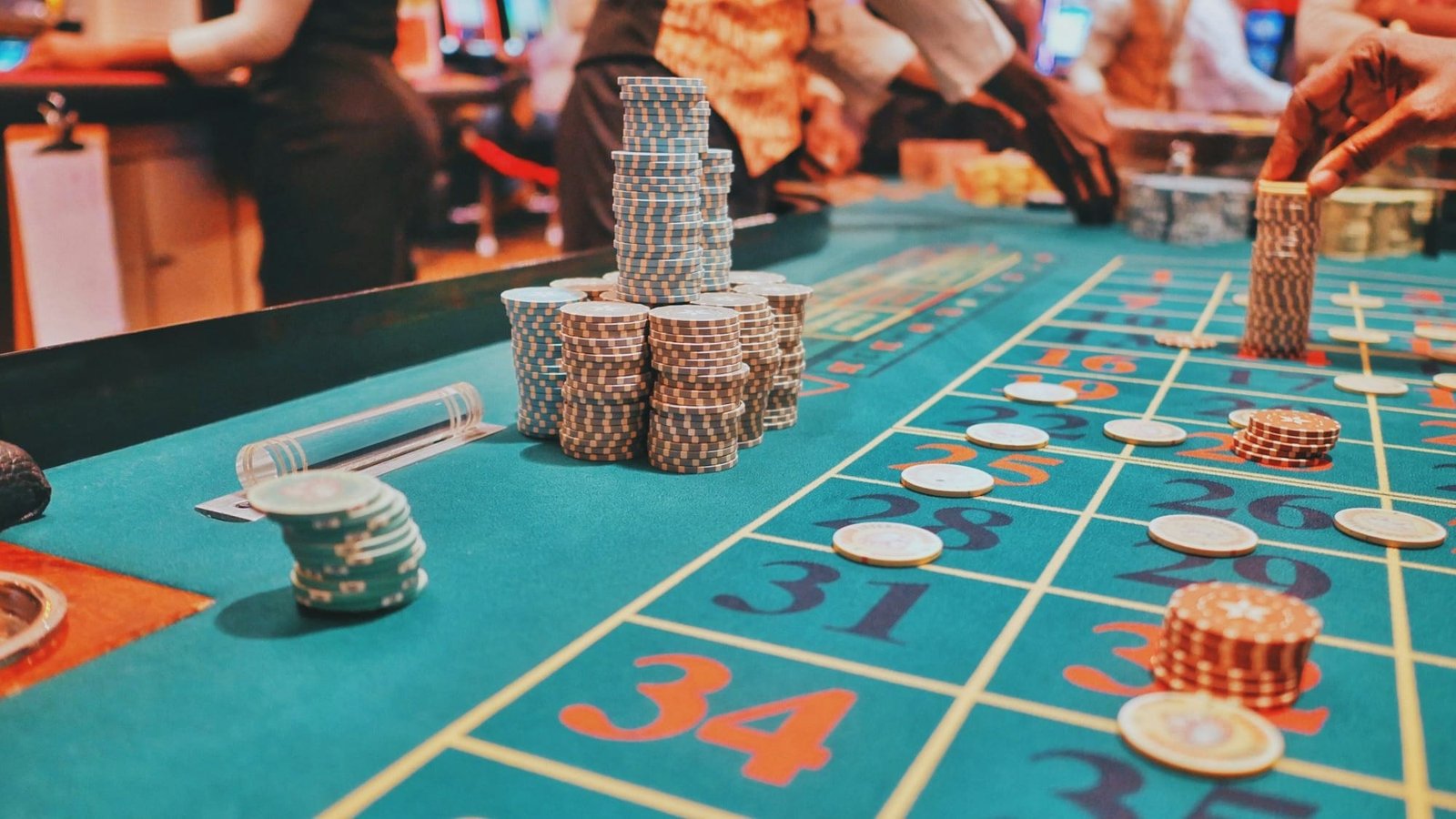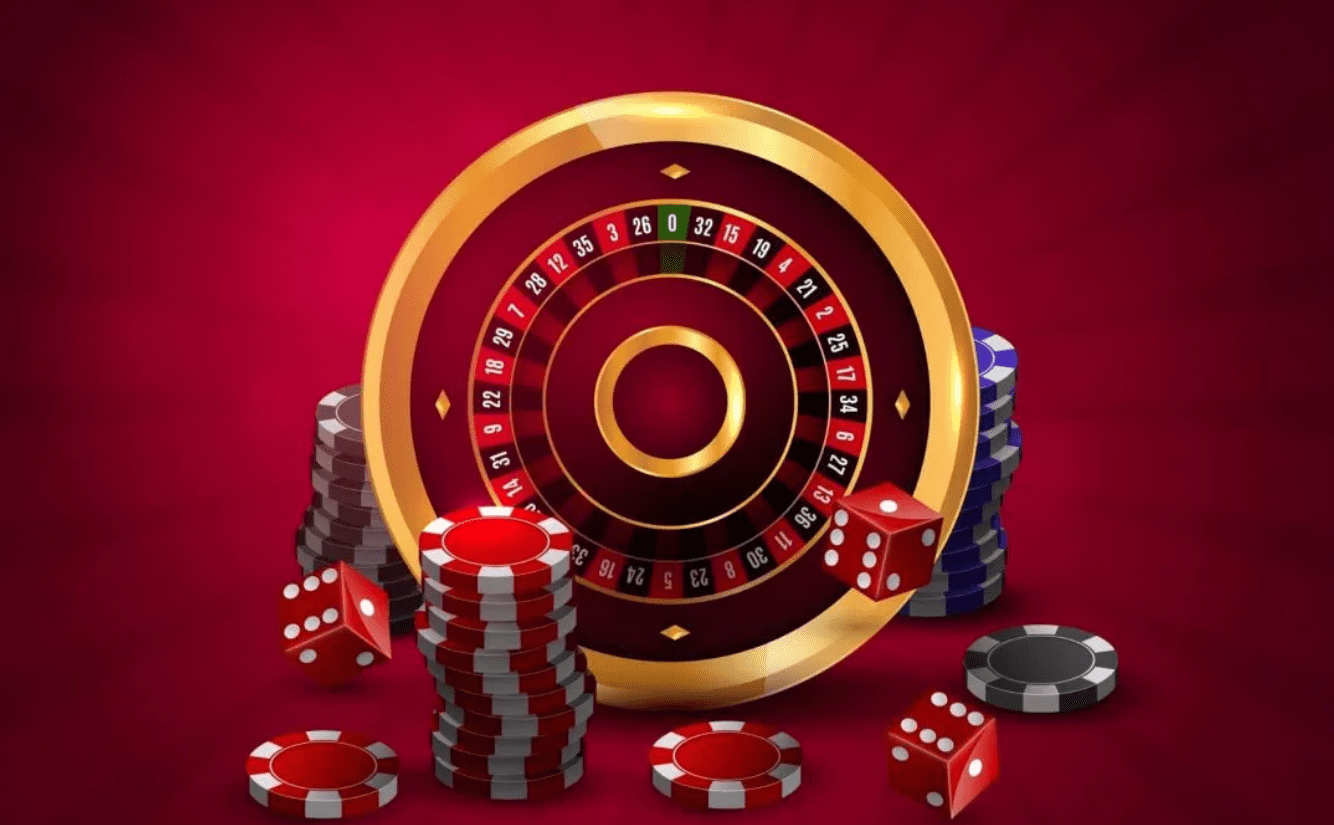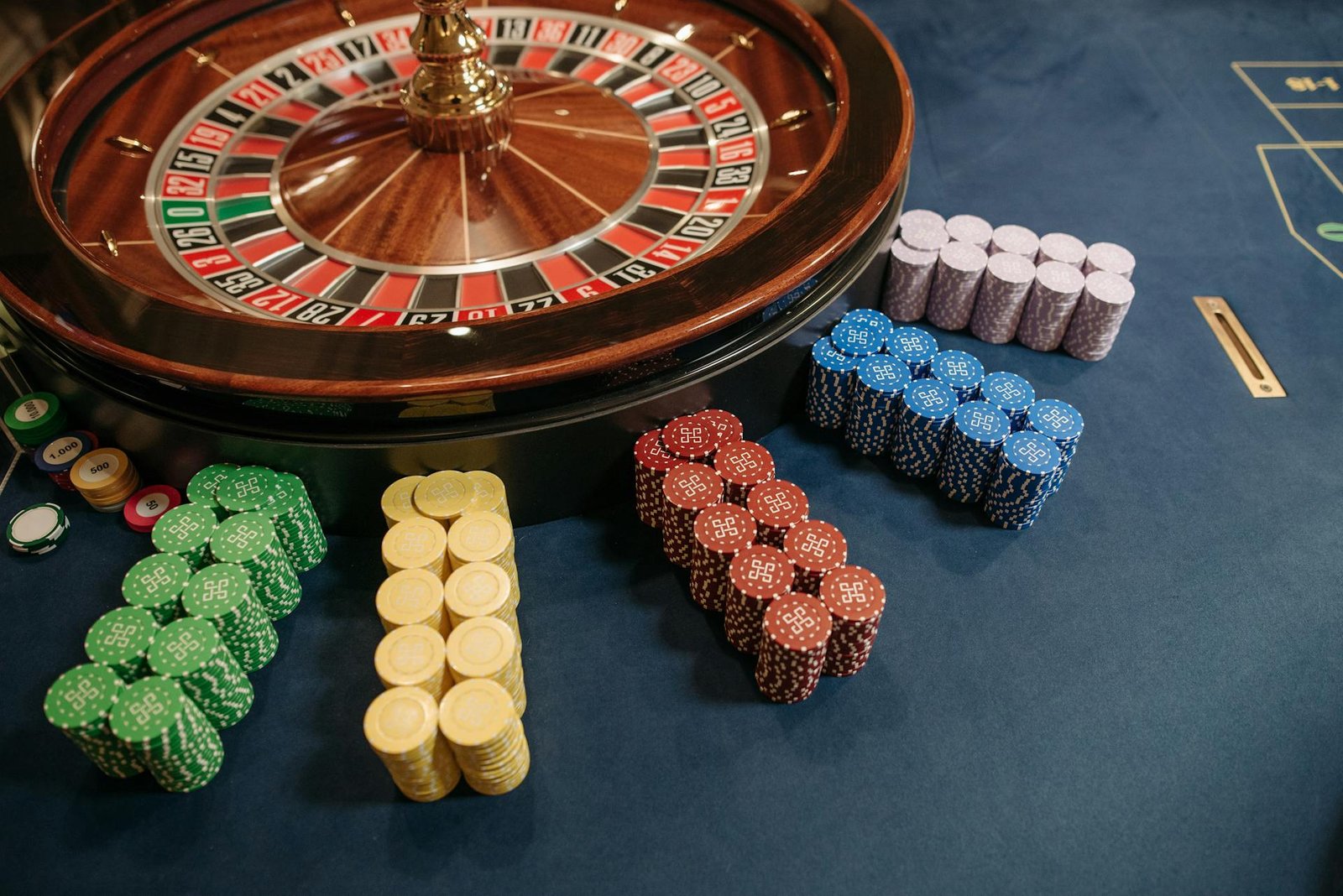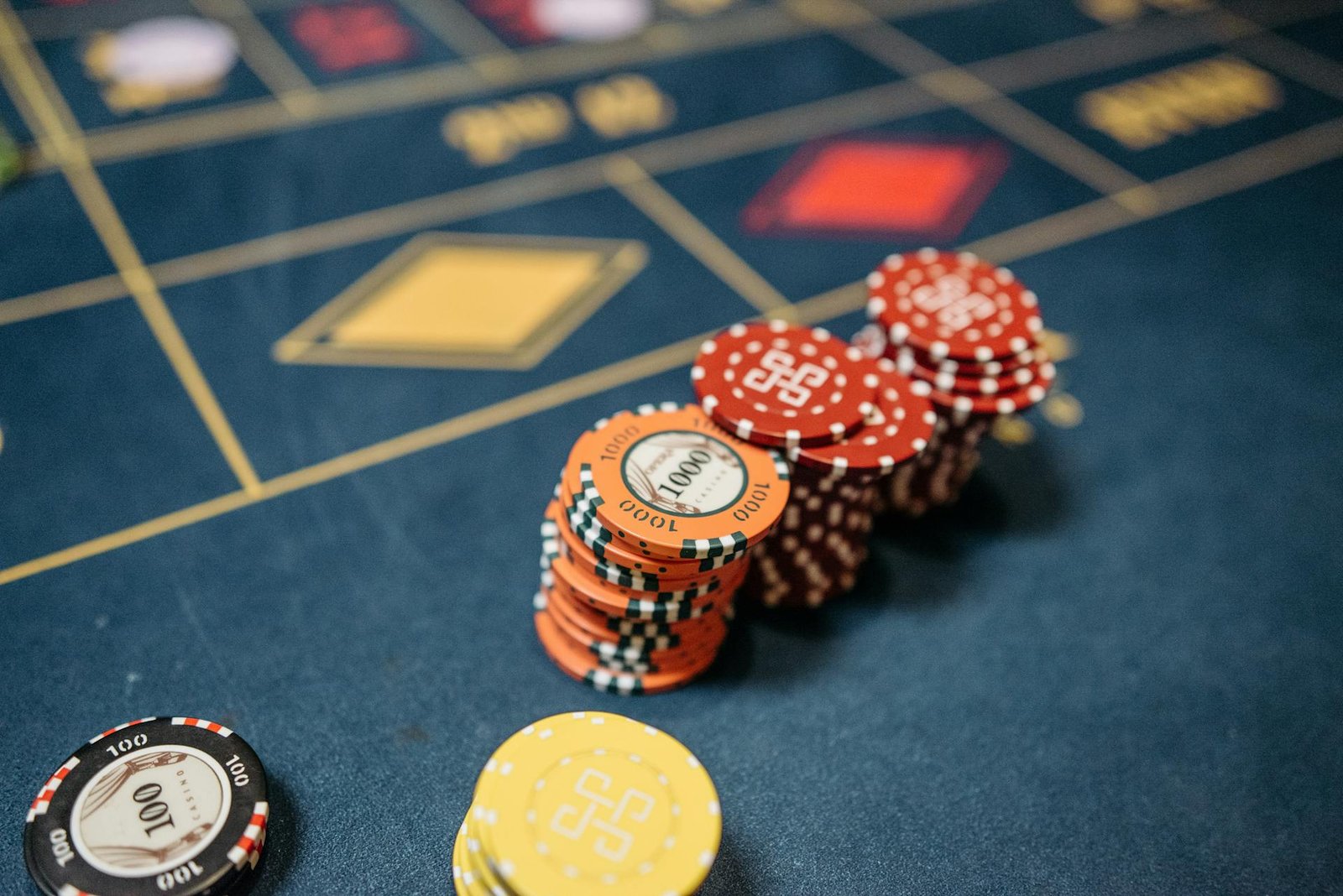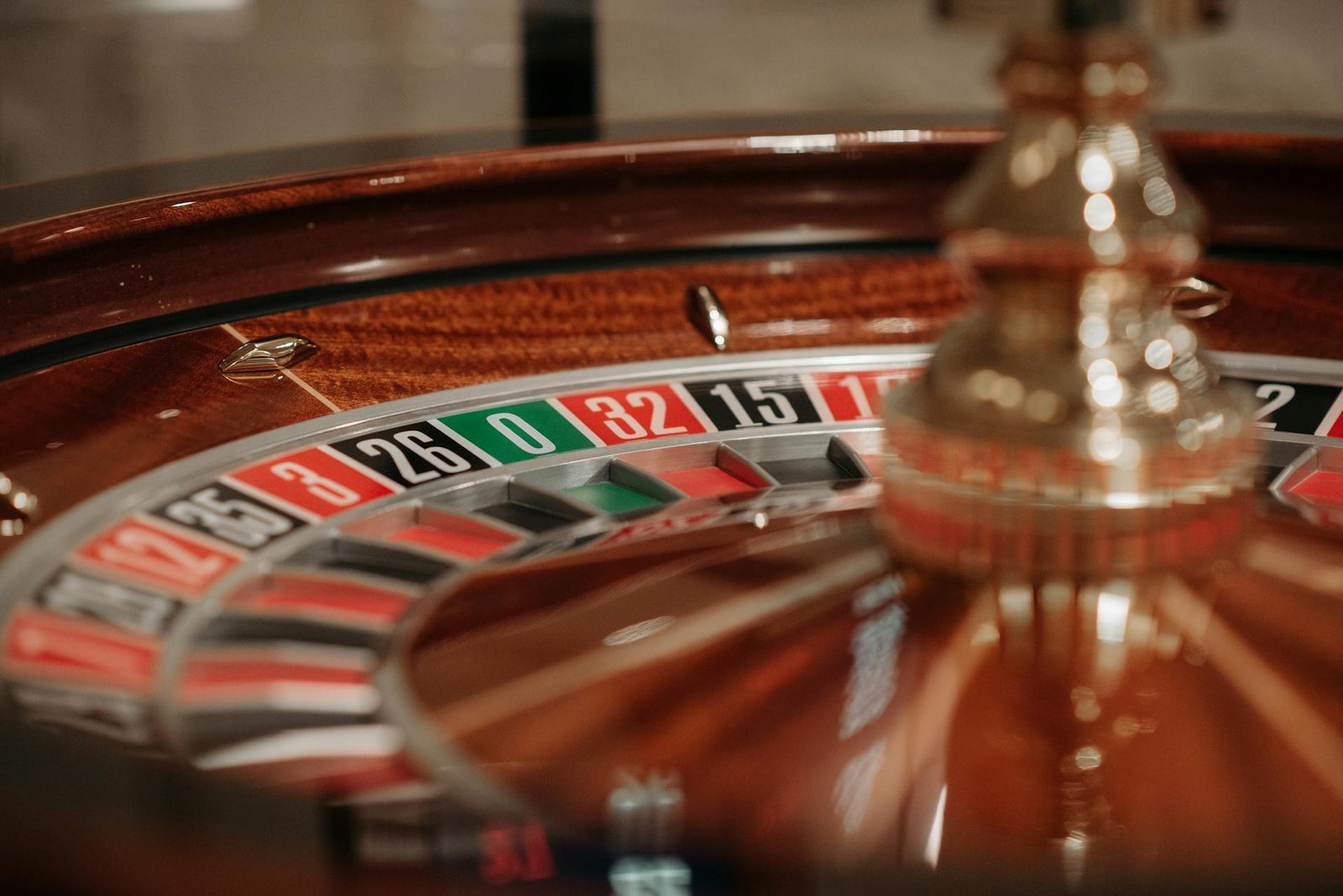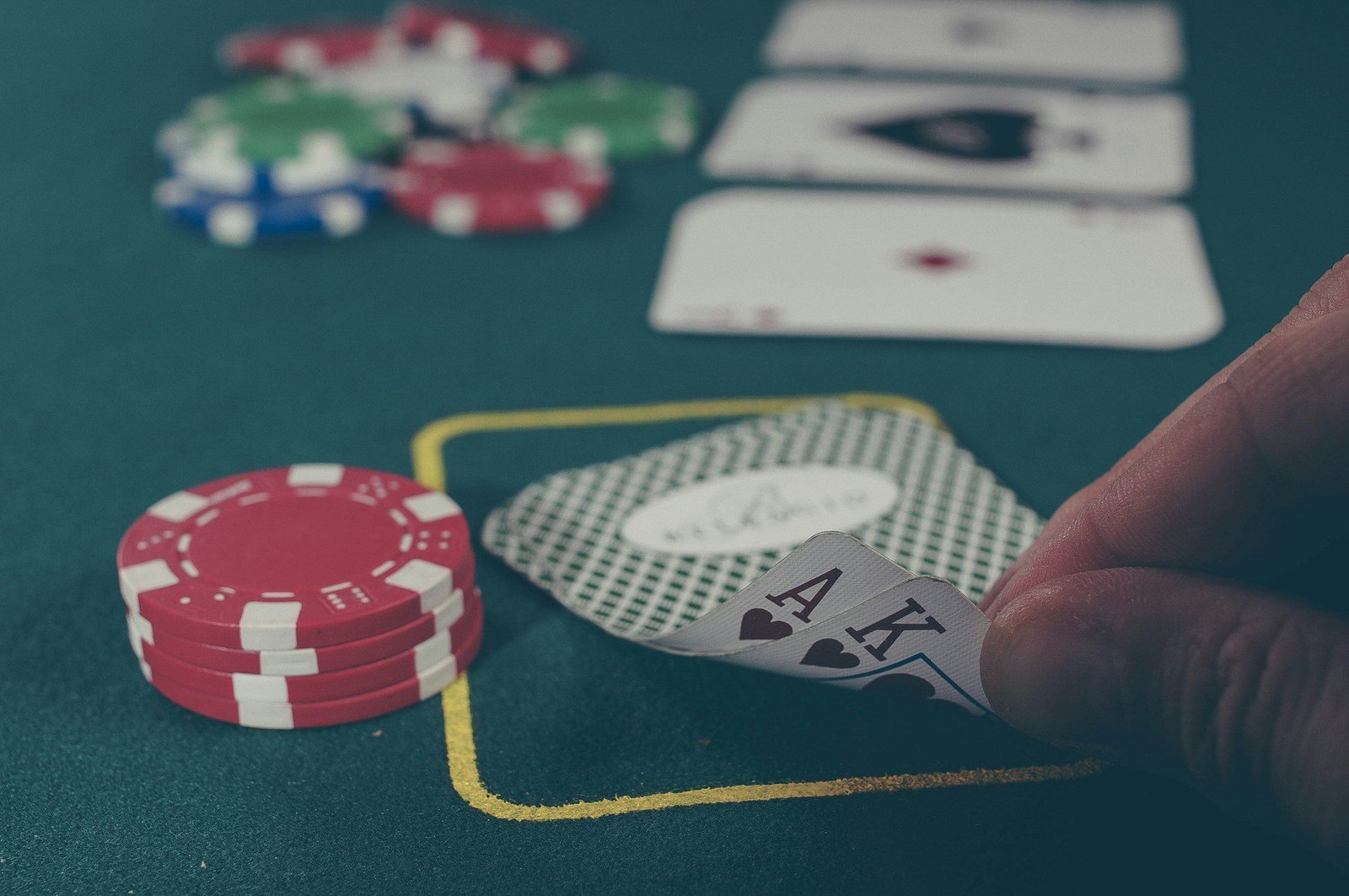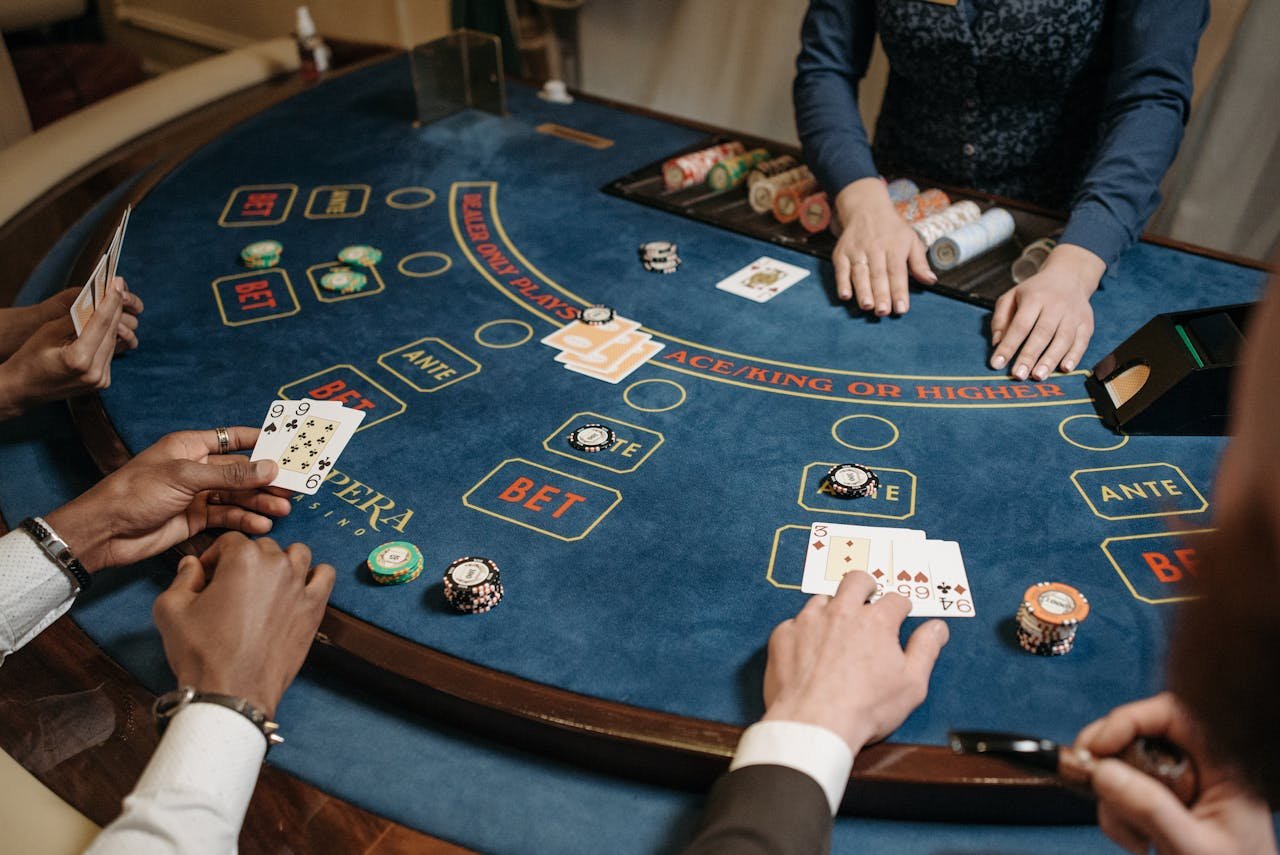Can Poker Become An Olympic Sport? The Future of Mind Sports
Poker faces significant challenges to become an Olympic sport. Its classification as a game of skill versus luck remains
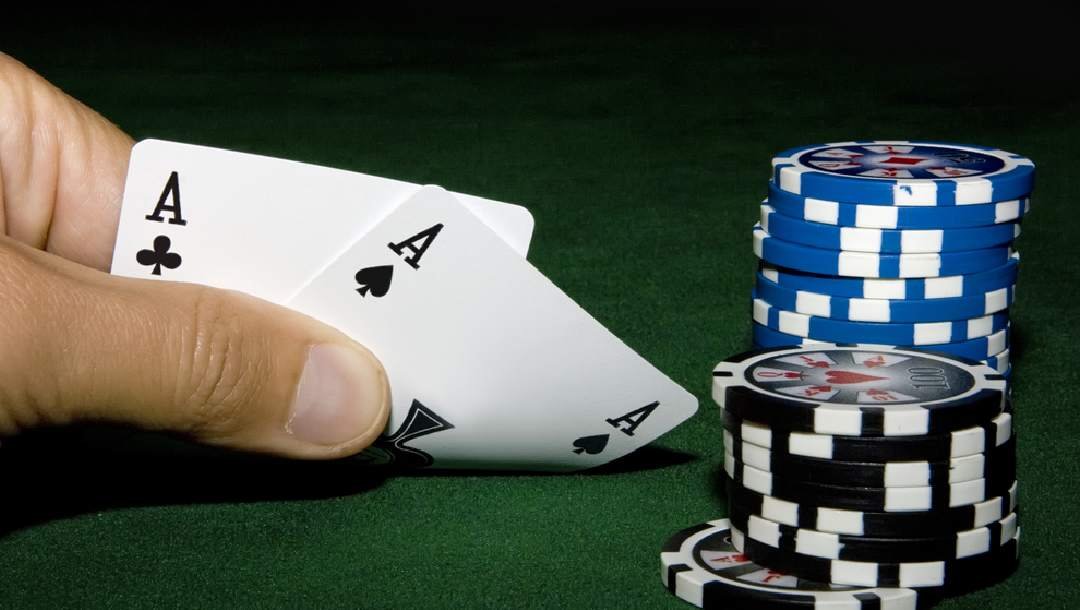
Poker faces significant challenges to become an Olympic sport. Its classification as a game of skill versus luck remains controversial.
Poker, a popular card game, has a vast global following. The debate about its inclusion in the Olympics centers on whether it is a game of skill or chance. Sports in the Olympics typically require physical prowess and objective scoring methods.
Poker, on the other hand, involves mental acuity and subjective judgments. Its reliance on luck in the short term also complicates its classification. Despite its strategic depth, many argue it does not fit traditional Olympic criteria. Advocates continue to push for recognition, but significant hurdles remain. The International Olympic Committee would need to see poker as aligning with Olympic values and standards.
The Evolution Of Mind Sports
Mind sports have grown in popularity over the years. These games require mental skill, strategy, and intellect. Chess, bridge, and poker are popular examples. The journey of mind sports has been fascinating. Let’s explore how poker fits into this evolution.
Historical Background
Mind sports have ancient roots. Chess dates back over 1,500 years. Bridge became popular in the 19th century. Poker originated in the early 19th century in the United States. These games were played in clubs and tournaments. They eventually gained global recognition.
The first mind sports event was the 1996 Mind Sports Olympiad. It included chess, bridge, and go. Poker joined the event later. This marked poker’s rise as a mind sport.
Current Status
Today, mind sports are widely accepted. They have international federations and global tournaments. Chess is recognized by the International Olympic Committee (IOC). Bridge is also recognized by the IOC. Poker is not yet recognized by the IOC.
The International Federation of Poker (IFP) is working hard. They aim to get poker recognized as a mind sport. They host events like the Nations Cup and the World Poker Championship. These events showcase poker’s skill and strategy.
The IFP faces challenges. Critics argue poker relies on luck. Supporters emphasize skill and strategy. The debate continues. Will poker join chess and bridge in the Olympics? Only time will tell.

Poker As A Competitive Sport
Many people see poker as just a game of cards. But, it is more than that. Poker requires skill, strategy, and mental toughness. Let’s explore why poker should be considered a competitive sport.
Skill Vs Luck Debate
The debate about skill vs luck in poker has been ongoing. Poker combines both elements. A skilled player can often beat a lucky player. The best players study odds and read their opponents. They practice for hours to perfect their strategies.
Luck plays a role, but skill is the defining factor. In the long run, skilled players win more often. This makes poker more of a sport than a game of chance.
Professional Poker Scene
The professional poker scene is thriving. There are many high-stakes tournaments around the world. The World Series of Poker (WSOP) is the most famous. Players from various countries compete for the title.
Top players earn millions and gain fame. They often have coaches and teams, similar to athletes in other sports. The popularity of poker is growing, with more people viewing it as a serious competition.
| Tournament | Prize Pool | Top Players |
|---|---|---|
| World Series of Poker | $10 million | Phil Ivey, Daniel Negreanu |
| World Poker Tour | $5 million | Antonio Esfandiari, Erik Seidel |
These tournaments attract the best talent. They showcase the competitive nature of poker. With its global reach and dedicated players, poker has the potential to be an Olympic sport.
Rules For Any Sports to Join Olympic
For any sport to join the Olympics, it must meet strict criteria. The International Olympic Committee (IOC) sets these rules. They ensure the sport is fair, popular, and global.
Requirements And Standards
The IOC has a list of requirements a sport must meet. Here are the key standards:
- Global Popularity: The sport must be played worldwide. Men and women must both play it.
- Governance: A global body must oversee the sport. This ensures fair play and uniform rules.
- Fairness: The sport must have clear rules. There should be no advantage for any country.
- Ethics: The sport must promote good values. It should be free of doping and corruption.
Past Successful Inclusions
Several sports have joined the Olympics recently. Here are some examples:
| Sport | Year Added | Reason for Inclusion |
|---|---|---|
| Skateboarding | 2020 | High youth popularity and global reach |
| Surfing | 2020 | Global popularity and connection to nature |
| Rugby Sevens | 2016 | Fast-paced and widely played |
These sports met the IOC’s criteria. They are now part of the Olympic family. Poker must meet similar standards to join.

Challenges And Controversies
Challenges and Controversies surround the idea of making poker an Olympic sport. Many factors contribute to the debate, each with its own set of complexities. This section delves into some of the most critical issues.
Public Perception
The public perception of poker is a significant challenge. Many people view poker as gambling rather than a sport. This stigma can hinder its acceptance into the Olympics.
Public understanding of poker’s skill component is low. Many think it’s all about luck. Educating the public about the skill involved in poker is crucial. This can help change the perception from gambling to a sport.
Regulatory Hurdles
Regulatory hurdles also pose a significant challenge. Different countries have varying laws on poker. Some nations consider it illegal, while others regulate it heavily. This inconsistency complicates the process of making it an Olympic sport.
To illustrate, here’s a table showing different countries’ stances on poker:
| Country | Legal Status |
|---|---|
| USA | Varies by state |
| China | Illegal |
| UK | Legal and regulated |
| Germany | Strict regulations |
The lack of uniformity in laws makes it hard to standardize the game for the Olympics. Regulatory bodies would need to agree on a common set of rules. This could take years of negotiation and compromise.
In summary, public perception and regulatory hurdles are significant challenges. Addressing these issues is crucial for poker to be considered an Olympic sport.
The Future Of Poker In The Olympics
Can poker become an Olympic sport? This question sparks interest and debate. The future of poker in the Olympics is a fascinating topic. Let’s explore the potential benefits and steps forward.
Potential Benefits
Including poker in the Olympics could offer numerous benefits. First, it would elevate the game’s status worldwide. Recognition by the Olympics would bring respect and legitimacy.
Second, it could attract a wider audience. Television broadcasts could introduce poker to new fans. Increased viewership might boost the game’s popularity.
Third, Olympic inclusion could lead to increased funding. Sponsors might invest more in poker events. This funding could improve the quality of tournaments and training facilities.
| Benefit | Impact |
|---|---|
| Elevated Status | Worldwide respect and legitimacy |
| Wider Audience | Introduction to new fans |
| Increased Funding | Better tournaments and facilities |
Steps Forward
Achieving Olympic status for poker requires several steps. First, proponents must demonstrate poker’s skill aspects. They need to show that poker is not just luck-based.
Second, international governing bodies must unite. They need to create standardized rules. Consistency is crucial for Olympic inclusion.
Third, poker needs widespread popularity. It must be played in many countries. A global presence strengthens its case for Olympic status.
- Demonstrate skill aspects of poker.
- Create standardized rules.
- Achieve widespread popularity.
These steps could pave the way for poker’s Olympic future. The journey might be long, but the rewards are worth it.

Frequently Asked Questions
Can Poker Be Included In The Olympics?
Poker’s inclusion in the Olympics is debated due to its skill-based nature, but it’s not yet recognized as an official sport.
What Challenges Does Poker Face For Olympics?
Poker faces challenges like gambling stigma, lack of physical exertion, and difficulty in standardizing rules across different formats.
Has Poker Been Recognized As A Sport?
Poker is recognized by the International Mind Sports Association, but not yet by the International Olympic Committee.
What Benefits Would Olympic Poker Bring?
Olympic poker could boost its global popularity, attract new players, and increase legitimacy as a skill-based game.
Conclusion
The journey for poker to become an Olympic sport is complex but not impossible. Recognizing its strategic depth and global popularity could pave the way. Future efforts and support from enthusiasts will be crucial. If successful, poker could join the ranks of other prestigious Olympic games.
Let’s stay tuned and hopeful.


